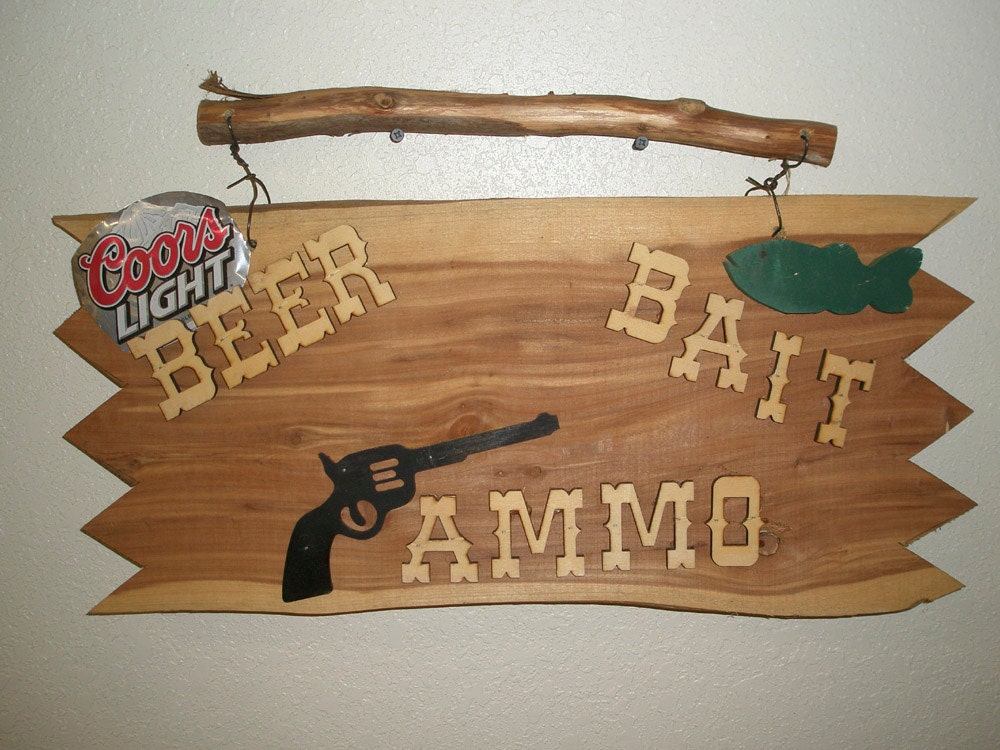
From DOD:
"DESCRIPTION: Currently the US Army manufactures and consumes hundreds of thousands of training rounds. These rounds are fired at proving grounds and training ranges in the United States and around the world. In addition, special forces conduct day and night training exercises utilizing these training rounds. These rounds include low velocity 40mm grenades; 60mm, 81mm, and 120mm mortars; shoulder launched munitions; 120mm tank rounds; and 155mm artillery rounds. The projectiles, and in some circumstances the cartridge cases and sabot petals, are either left on the ground surface or several feet underground at the proving ground or tactical range. Components of current training rounds require hundreds of years or more to biodegrade. Further, civilians (e.g., farmers or construction crews) encountering these rounds and components do not know if they are training or tactical rounds. Proving grounds and battle grounds have no clear way of finding and eliminating these training projectiles, cartridge cases and sabot petals, especially those that are buried several feet in the ground. Some of these rounds might have the potential corrode and pollute the soil and nearby water. The solution sought by this topic is naturally occurring biodegradable material to replace the current training round materials, eliminating environmental hazards. This SBIR will prove out the technology and replace current training round components with biodegradable parts. The biodegradable materials identified can be utilized by private industry to manufacture biodegradable water bottles, plastic containers, or any other composite or plastic product(s) on the market today. The US Army Corps of Engineers' Cold Regions Research and Engineering Laboratory (CRREL) has demonstrated bioengineered seeds that can be embedded into the biodegradable composites and that will not germinate until they have been in the ground for several months. This SBIR effort will make use of seeds to grow environmentally friendly plants that remove soil contaminants and consume the biodegradable components developed under this project. Animals should be able to consume the plants without any ill effects."
No comments:
Post a Comment
Note: Only a member of this blog may post a comment.